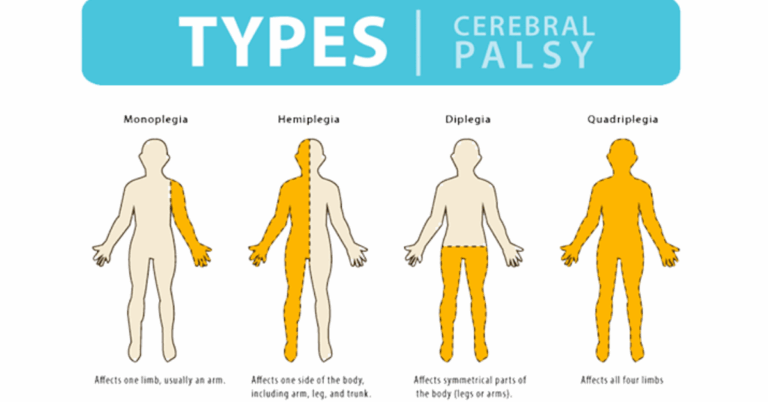The Role of Artificial Intelligence in Radiology: Improving Diagnostic Accuracy
With the rapid advancements in technology, artificial intelligence (AI) has emerged as a transformative tool in the field of radiology. AI algorithms have the capability to analyze medical imaging data with remarkable accuracy and speed, enhancing the overall efficiency of radiologists.
AI-powered systems can assist radiologists in interpreting complex images, detecting anomalies, and providing detailed insights that might have been overlooked using traditional methods. By streamlining the diagnostic process, AI not only saves time but also improves the quality of patient care by facilitating early detection of diseases.
The Evolution of Radiology: Integrating AI Technology
Radiology, a field deeply rooted in advanced technology, is experiencing a transformative evolution with the integration of artificial intelligence (AI) solutions. AI technology is rapidly becoming a game-changer in radiology by streamlining workflow processes and enhancing the accuracy of diagnostic interpretations. Radiologists are now able to leverage AI algorithms to efficiently analyze medical images, enabling quicker and more precise diagnoses for patients.
The seamless integration of AI technology into radiology practices has the potential to revolutionize the way healthcare is delivered. By harnessing the power of machine learning and deep learning algorithms, radiologists can access valuable insights and support that aid in making informed clinical decisions. This paradigm shift towards incorporating AI solutions not only improves the overall efficiency of radiology departments but also empowers healthcare professionals to deliver high-quality care with greater speed and accuracy.
Enhancing Radiologists’ Efficiency with AI Solutions
Artificial Intelligence (AI) technology has rapidly emerged as a valuable tool in the field of radiology. It is revolutionizing the way radiologists interpret medical images, streamlining their workflow, and ultimately improving patient care. By harnessing the power of AI solutions, radiologists can now automate routine tasks such as image analysis, leading to increased efficiency and accuracy in diagnosis.
One of the key benefits of integrating AI into radiology is its ability to assist radiologists in detecting subtle abnormalities that may be easily overlooked. With advanced algorithms and machine learning capabilities, AI systems have the capacity to analyze vast amounts of data quickly and effectively, flagging areas of concern for further review by the radiologist. By leveraging AI solutions, radiologists can optimize their time and focus on complex cases, ultimately enhancing their overall productivity and the quality of patient outcomes.
AI technology has rapidly emerged as a valuable tool in radiology
Revolutionizing the way radiologists interpret medical images
Streamlining workflow and improving patient care
Automating routine tasks such as image analysis for increased efficiency and accuracy
One of the key benefits of integrating AI into radiology is its ability to assist radiologists in detecting subtle abnormalities that may be easily overlooked. With advanced algorithms and machine learning capabilities, AI systems have the capacity to analyze vast amounts of data quickly and effectively, flagging areas of concern for further review by the radiologist. By leveraging AI solutions, radiologists can optimize their time and focus on complex cases, ultimately enhancing their overall productivity and the quality of patient outcomes.
How is artificial intelligence changing the field of radiology?
Artificial Intelligence is revolutionizing radiology by streamlining workflow, improving accuracy in diagnostics, and assisting radiologists in making more informed decisions.
What are some examples of AI technology being integrated into radiology practices?
Examples include AI-powered image analysis algorithms, computer-aided detection systems, and machine learning models that can assist radiologists in interpreting medical images.
How can AI solutions enhance radiologists’ efficiency?
AI solutions can automate routine tasks, prioritize urgent cases, reduce interpretation errors, and provide valuable insights to radiologists, ultimately improving their overall efficiency and productivity.
Will AI technology replace radiologists in the future?
While AI technology is transforming the field of radiology, it is unlikely to completely replace radiologists. Instead, AI is designed to complement radiologists’ expertise and enhance their capabilities.
What are some challenges associated with integrating AI technology into radiology practices?
Challenges include data privacy concerns, regulatory issues, the need for extensive training of AI systems, and potential resistance from healthcare professionals to adopt new technologies.







